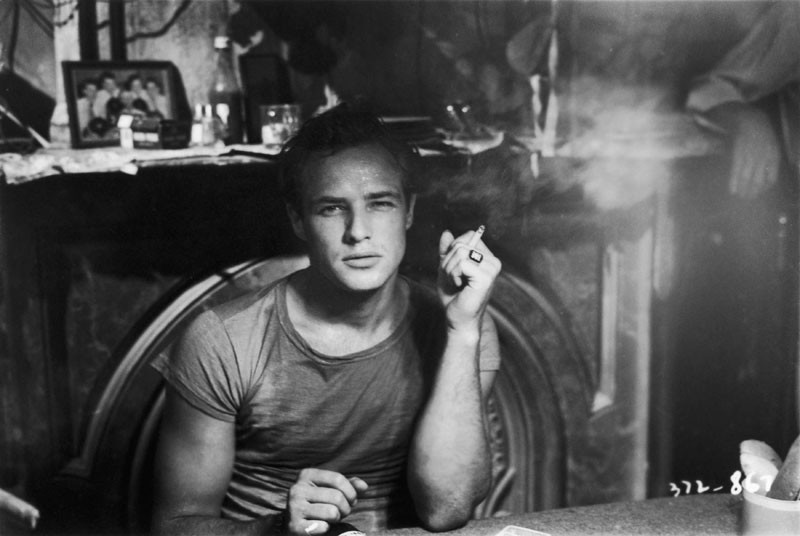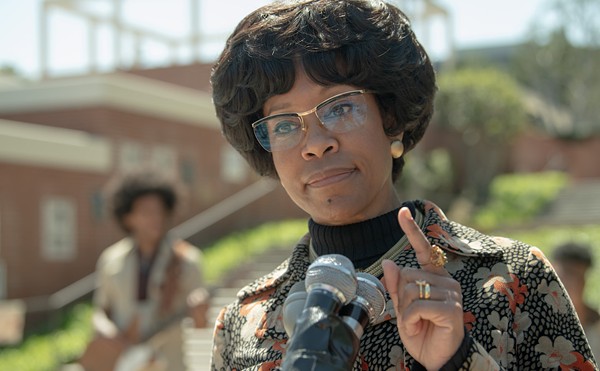Marlon Brando was not known for being particularly open about his personal life. He rarely gave interviews or hit the talk-show circuit. Living in seclusion in a gated mansion in Los Angeles and on Tetiaroa, his private Polynesian island, he withdrew from public life early in his career; later, he even tried to withdraw from acting, reducing most of his post-Godfather appearances to heavily disguised cameos. Stevan Riley's Listen To Me Marlon breaks through the actor's evasiveness to create a kind of alternate autobiography, a story not just of the actor's professional triumphs and fame, but also of how he withdrew from them. Although Riley makes excellent use of archival footage and clips, the heart of the film is a collection of previously unheard tape recordings of Brando (including some made for self-hypnosis).
The film reveals the unseen Brando, the actor with his guard down, revealing his private thoughts more openly than he ever did in public or on film. (The closest he ever came to showing himself onscreen was an autobiographical monologue in Last Tango in Paris; in Listen to Me, he accuses Tango director Bernardo Bertolucci of prying into his personal life.) He speaks about an unhappy childhood, his difficult relationship with an alcoholic mother and an abusive father (there's an awkward scene from a 1950s talk show where he introduces his father), and the liberation he felt when he moved to New York and studied with Stella Adler. A few years later, he was one of the most acclaimed performers in the world and already bored with it. The film seems to pinpoint as the moment of his unrest the premiere of Guys and Dolls, when he was mobbed by his fans.
Listen to Me Marlon is an intimate confession of the Brando born at that time, balancing his personal struggles with his public image, searching for happiness — which he apparently found on the island of Tahiti while filming Mutiny on the Bounty — but more often facing tragedy. It's an astonishingly open and revealing film, skillfully edited and annotated by Riley. It's the story Brando's disappointing ghostwritten memoir Songs My Mother Taught Me wasn't able to tell.






